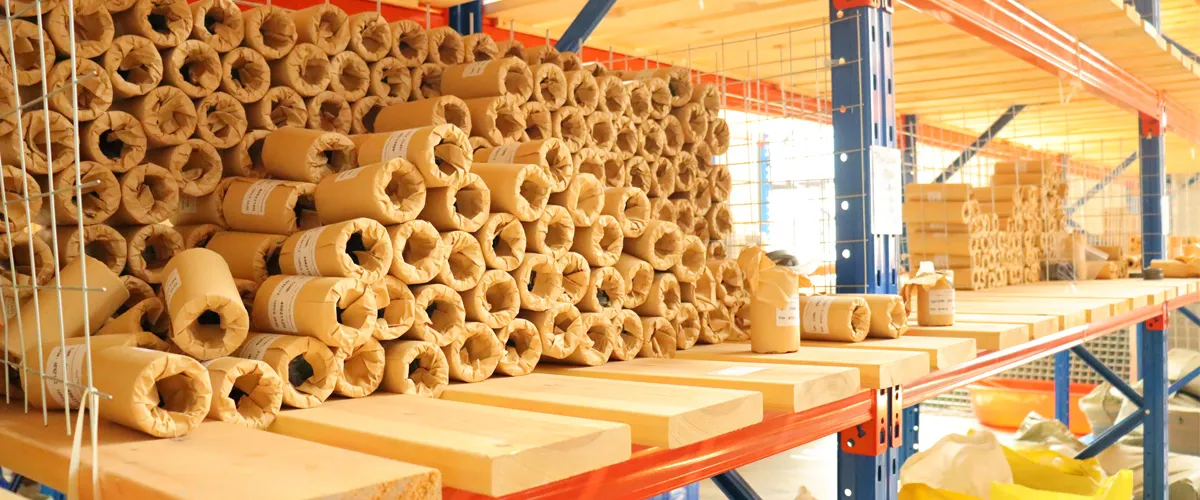Aug . 08, 2024 00:30 Back to list
Exploring the Benefits and Applications of Wiper Seals in Various Industries and Machinery
Understanding Wiper Seals Essential Components for Fluid Containment
Wiper seals are critical components widely used in hydraulic and pneumatic applications. They serve the essential function of preventing contaminants from entering machinery while ensuring that fluids remain enclosed within designated systems. This article explores the importance of wiper seals, their types, applications, and maintenance, highlighting their role in enhancing the performance and longevity of equipment.
What are Wiper Seals?
Wiper seals, often referred to as scraper seals, are typically installed at the exterior end of a hydraulic cylinder or a similar actuator. Their primary function is to wipe away dirt, dust, and other particulates accumulated on the shaft or piston rod when the system is in operation. By performing this cleaning function, wiper seals protect the inner components from abrasive materials that could cause wear or damage, thus ensuring a longer lifespan for the machinery.
Importance of Wiper Seals
The significance of wiper seals cannot be overstated. In any hydraulic or pneumatic system, even the smallest amount of dirt or impurity can lead to catastrophic failures or decreased efficiency. Contaminants can cause scuffing or scoring on the moving parts, leading to costly repairs and downtime. Wiper seals mitigate these risks by maintaining the cleanliness of the working environment.
Furthermore, wiper seals contribute to the overall efficiency of hydraulic systems. When contaminants are kept at bay, the internal fluid maintains its properties, reducing the likelihood of leaks and enhancing the system's overall performance. This efficiency is especially crucial in industries such as construction, manufacturing, and automotive, where machinery must operate reliably under varying conditions.
Types of Wiper Seals
Wiper seals come in various designs and materials, allowing engineers to choose the right type for their specific applications. The most common materials include
wiper seals

1. Nitrile Rubber (NBR) Known for its excellent resistance to oil and fuel, making it a popular choice for many hydraulic applications. 2. Polyurethane (PU) Offers superior wear resistance and adaptability to different environments, suitable for demanding applications. 3. Fluoroelastomer (FKM) Provides exceptional resistance to high temperatures and aggressive chemicals, making it ideal for extreme conditions.
The design of wiper seals can vary greatly. Some seals have a simple design that fits snugly around the shaft, while others feature complex geometries that enhance their wiping action and improve sealing capabilities.
Applications
Wiper seals are utilized in a wide array of applications. In construction machinery, they are crucial in hydraulic excavators and loaders to prevent debris from degrading cylinder performance. In automotive engineering, wiper seals play a role in the function of power steering systems and shock absorbers, ensuring longevity and reliability.
Furthermore, industries like aerospace and pharmaceuticals rely on wiper seals to maintain clean environments. Manufacturing equipment also utilizes these seals to ensure fluid containment and prevent contamination that could compromise product quality.
Maintenance and Inspection
Regular maintenance and inspection of wiper seals are pivotal in extending their lifespan and maintaining system integrity. Operators should routinely check for signs of wear, such as cracking or the presence of leaks, and replace seals as needed. In environments with extreme operating conditions, more frequent inspections may be required to ensure optimal performance.
Conclusion
In conclusion, wiper seals are indispensable in enhancing the reliability and efficiency of hydraulic and pneumatic systems. Their ability to prevent contamination not only protects machinery from wear and tear but also improves overall system performance. As industries continue to demand greater efficiency and reliability, the importance of wiper seals will undoubtedly remain core to technology advancement and operational success. Therefore, investing in quality wiper seals and maintaining them properly is a fundamental practice for any operation dealing with heavy machinery and fluid systems.
-
TCN Oil Seal Metal Ring Reinforcement for Heavy Machinery
NewsJul.25,2025
-
Rotary Lip Seal Spring-Loaded Design for High-Speed Applications
NewsJul.25,2025
-
Hydraulic Cylinder Seals Polyurethane Material for High-Impact Jobs
NewsJul.25,2025
-
High Pressure Oil Seal Polyurethane Coating Wear Resistance
NewsJul.25,2025
-
Dust Proof Seal Double Lip Design for Construction Equipment
NewsJul.25,2025
-
Hub Seal Polyurethane Wear Resistance in Agricultural Vehicles
NewsJul.25,2025
-
The Trans-formative Journey of Wheel Hub Oil Seals
NewsJun.06,2025
Products categories
















